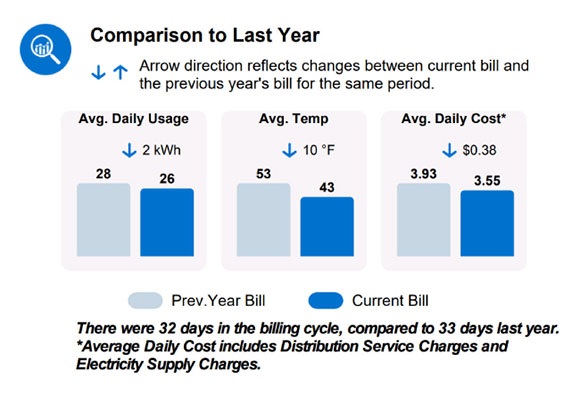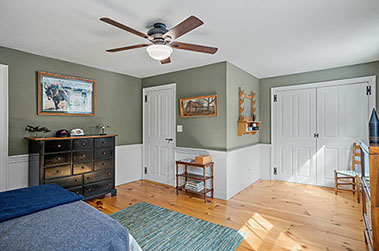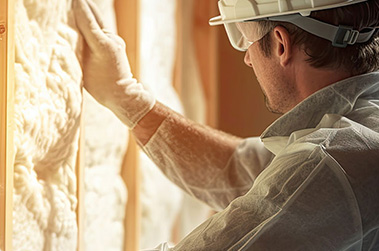How can we help you?


Extreme temperatures, whether hot or cold, can significantly increase your energy usage. During these times, heating and cooling systems work overtime to maintain comfort. In fact, cooling and heating your home accounts for approximately 50% of your monthly bill, but optimal thermostat settings can help you save significantly. Each degree of adjustment can save up to 3% on your energy bill for every 8-hour period.
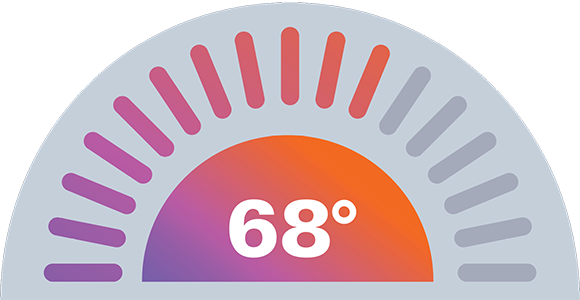
Recommended setting: 68°F or lower
If you normally keep your thermostat at 72°F, lowering it to 68°F (especially while you're away or asleep) could help you save up to 12% on your heating bill.
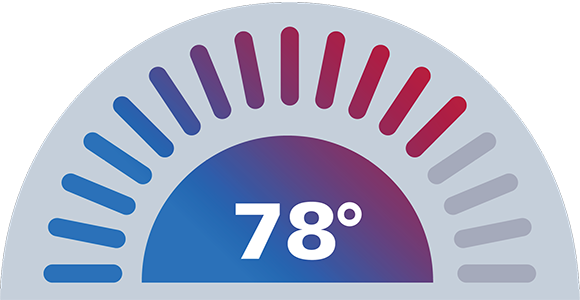
Recommended setting: 78°F or higher
If you normally keep your thermostat at 75°F, increasing it to 78°F (especially while you're away or asleep) could help you save up to 9% on your cooling bill.
Your habits play a significant role when it comes to your electric bill. For example, how often you do laundry or run your dishwasher makes a big difference. Also, when you have more people in your home during holidays or school breaks, energy usage can be higher than normal.
Recommendation: For a more predictable monthly bill, sign up for Budget Billing. You can also enroll in usage alerts to be alerted when your energy usage exceeds the threshold you set.
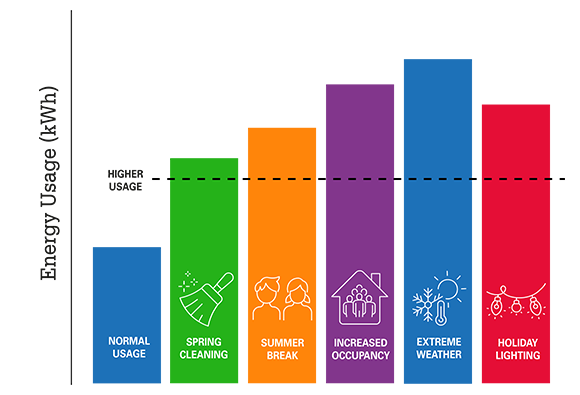
A pool or hot tub can increase your electricity bill based on how often you use it, the size, and pump type.
Recommendation: Keep heaters, pumps and motors well maintained and schedule regular maintenance check-ups.
Poor insulation can lead to air leaks which can cause your home to lose heat and let in excess moisture. This makes your HVAC system work harder.
Recommendation: A home energy audit can help you identify where your home is wasting energy, and you can then improve your insulating and sealing.
Your bill may be higher if you are carrying over an unpaid balance from a previous month.
Recommendation: View your current amount due by signing into your account. If you're having trouble paying your bill, bill assistance programs are available for you.
Older appliances are less energy-efficient and could be using more energy. Faulty appliances, such as a leaky water heater, can lead to a high bill.
Recommendation: Have a professional perform routine maintenance on major appliances to avoid system failure and higher-than-normal bills from unknown energy usage.
If you have a rate plan with cheaper rates during off-peak hours, a billing cycle with increased usage during peak hours could result in a higher bill.
Recommendation: Make sure you understand which periods and hours give you the ability to shift your usage to cheaper, or off-peak rates.
